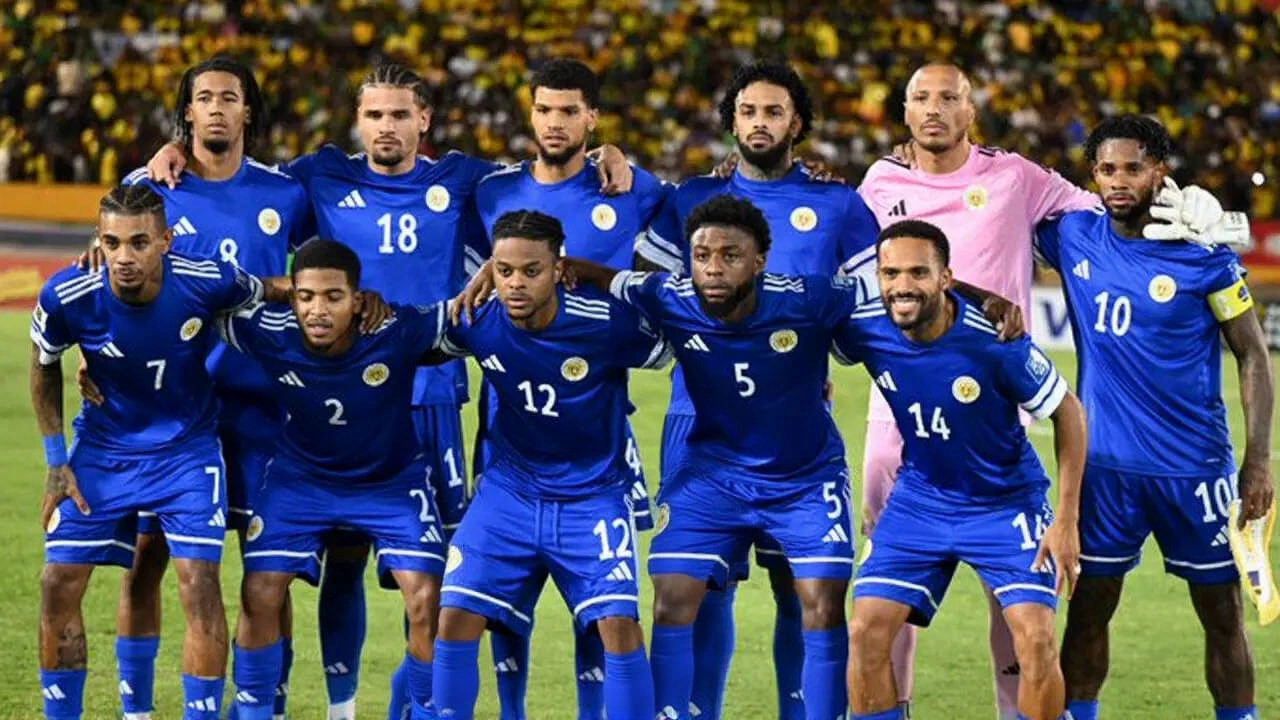When you think of the FIFA World Cup, the world’s biggest and most-watched sporting event, held every four years and organized by FIFA to crown the global champion in football. Also known as the World Cup, it brings together nations not just to compete, but to celebrate identity, passion, and raw human effort on the biggest stage. This isn’t just about goals and trophies—it’s about the stories behind the players, the cities that host it, and the teams that fight just to get there.
Behind every World Cup final are months of World Cup qualifiers, the grueling series of matches that determine which national teams earn the right to compete in the final tournament. Think of South Sudan and Togo’s 0-0 draw in Juba, a game that didn’t make headlines but ended their dreams of reaching the 2026 tournament. That’s the reality for most countries—only 32 teams make it, and hundreds fight for those spots. Meanwhile, the national teams, representative squads selected by each country’s football association to compete internationally. like India Women or Senegal, use these qualifiers as launchpads. India’s win over New Zealand in the Women’s World Cup wasn’t just a match—it was a turning point for a nation watching its players rise. Senegal’s 78-65 win over South Sudan in AfroBasket? Same energy. Football isn’t the only sport where pride is on the line, but it’s the one that moves continents.
The FIFA World Cup doesn’t just show off talent—it reveals how politics, culture, and economics shape the game. When Nigeria’s ASUU went on strike, it wasn’t just about salaries. It was about priorities. When Kenya’s Gen Z took to the streets, it was about futures. And when South Sudan played in front of a near-empty Juba Stadium, it was about resilience. The World Cup reflects all of this. It’s where a single goal can silence a stadium or ignite a country. Where a 22-year-old defender like Daniele Ghilardi, signed by Roma, might one day wear his nation’s jersey on the world’s biggest pitch.
You’ll find posts here that touch on everything—from the quiet qualifiers in Africa to the high-stakes clashes in Europe. You’ll see how injuries like Alyssa Healy’s calf strain ripple through entire campaigns. How a penalty miss by Lewandowski can crush a title dream. How a team like Kaizer Chiefs, winning a domestic cup, still dreams of the World Cup stage. These aren’t random stories. They’re threads in the same global fabric.
What you’re about to read isn’t just a list of articles. It’s a collection of moments that shaped football’s heartbeat over the last year. From the roar of a crowd in Shanghai to the silence of a stadium in Juba, these are the stories that remind you why the World Cup matters—not just to fans, but to the people who live it.
Posted by
Siseko Tapile
20 Comments

Curaçao made history as the smallest nation ever to qualify for the FIFA World Cup, while Haiti returned after 52 years. Both secured spots on November 18, 2025, in a landmark moment for Caribbean football.
read more